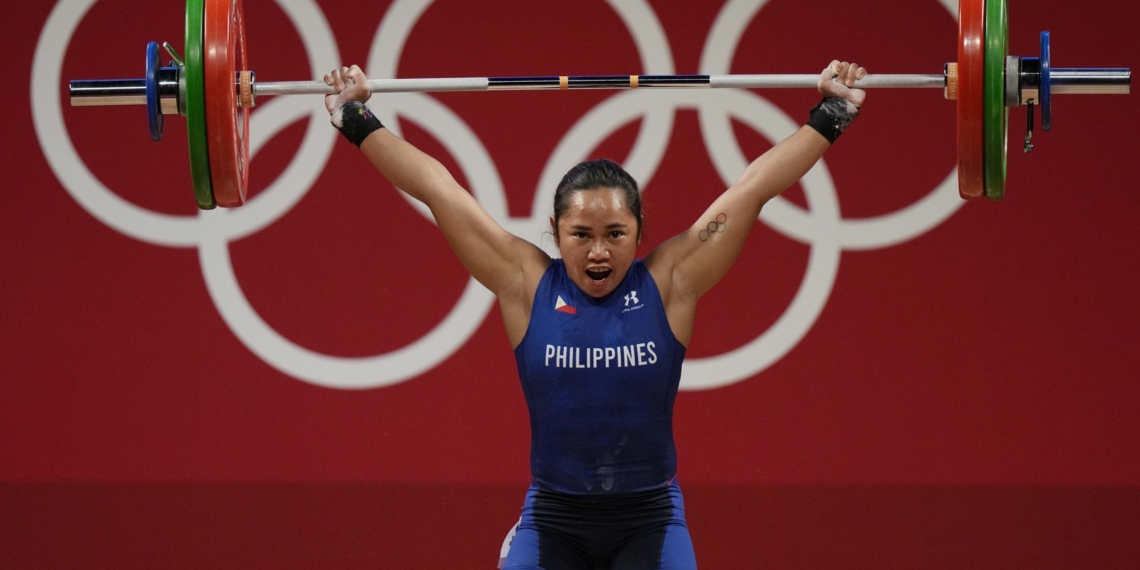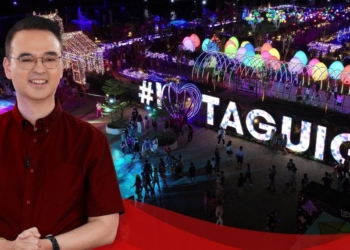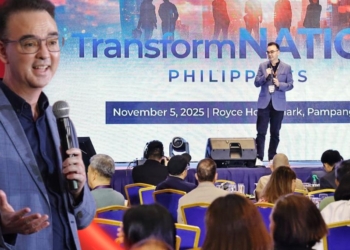Filipinos everywhere found themselves in tears as they watched the Philippine flag rise above the Chinese and Kazahk flags. For the first time, the Lupang Hinirang was played in an Olympic event. With a snappy salute, weightlifter Hidilyn Diaz honored the country for a second time that night after she secured the Philippine’s first Olympic gold medal.
A hero’s welcome would have been in order but the mandatory health protocols required Diaz to celebrate her victory under quarantine. Nonetheless, her historic feat lifted the morale not only of Filipino athletes in Tokyo but also of a nation that is still grappling with the COVID-19 pandemic.
Diaz’ accomplishment also shed light on an illness that has long been plaguing the country’s sports sector — apathy towards athletes.
“I want to tell everybody, not just the government, that we should not focus only on the outcome,” Diaz said in an interview.
This “apathy” may seem like an abnormality in a country where basketball courts can be found in almost every barangay and where boxing matches can clear major roads of traffic and even trigger a ceasefire between armed groups and the military.
However, Filipino athletes have long been lacking support in terms of subsidies for training, equipment, and facilities. It is no longer surprising for most of us to hear of athletes begging for financial aid or seeking assistance overseas.
Fortunately, there have been attempts to change that in recent years. The 2019 Southeast Asian (SEA) Games provided the country an opportunity to rejuvenate its sports sector and establish itself as a sports tourism hub in the region.
When former Speaker Alan Peter Cayetano headed the organizing committee of the biennial multi-sport event, a country that was previously viewed by locals and foreigners alike as incapable of hosting big sporting events was suddenly pulled into the international spotlight.
“A multi-sport event like this is a matter of national pride. It focuses on our people. It focuses on our culture. It benefits us in tourism and foreign investment,” Cayetano had said during the Senate’s budget hearing on the Philippine Sports Commission in November 2019.
More than 5,000 athletes from 11 countries participated in that event. Breaking its previous records, the Philippines secured a total of 387 medals, 149 of which were gold medals, when the games drew to a close in December 2019.
Olympic Council of Asia vice president Wei Jizhong praised the organizers and President Duterte for the successful hosting of the SEA Games, saying the country was prepared to host larger sporting events.
Cayetano called on lawmakers to look into the country’s potential in sports tourism, a multi-billion dollar industry.
“Sports tourism alone is a $620-billion industry we want to tap into. Question, are we spending a lot of money? Yes. Is it excessive? No. Is it overpriced? No,” he said.
Aside from promoting tourism, investing in sports facilities is expected to improve the standing of Filipino athletes in various sports. This advocacy has found a new face in Hidilyn Diaz.
“We should look at how the athletes prepare, what the athletes need, and which people the athletes need,” Diaz said.






